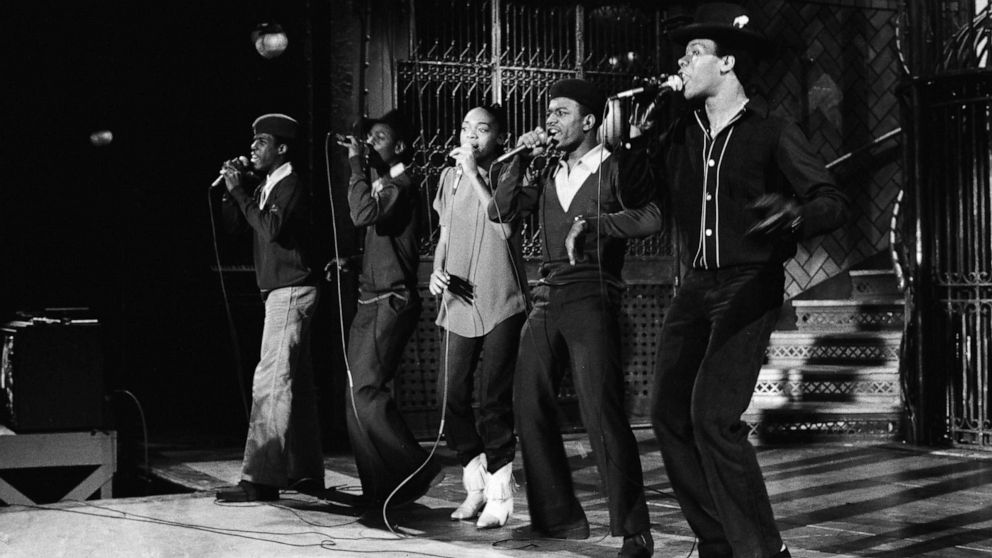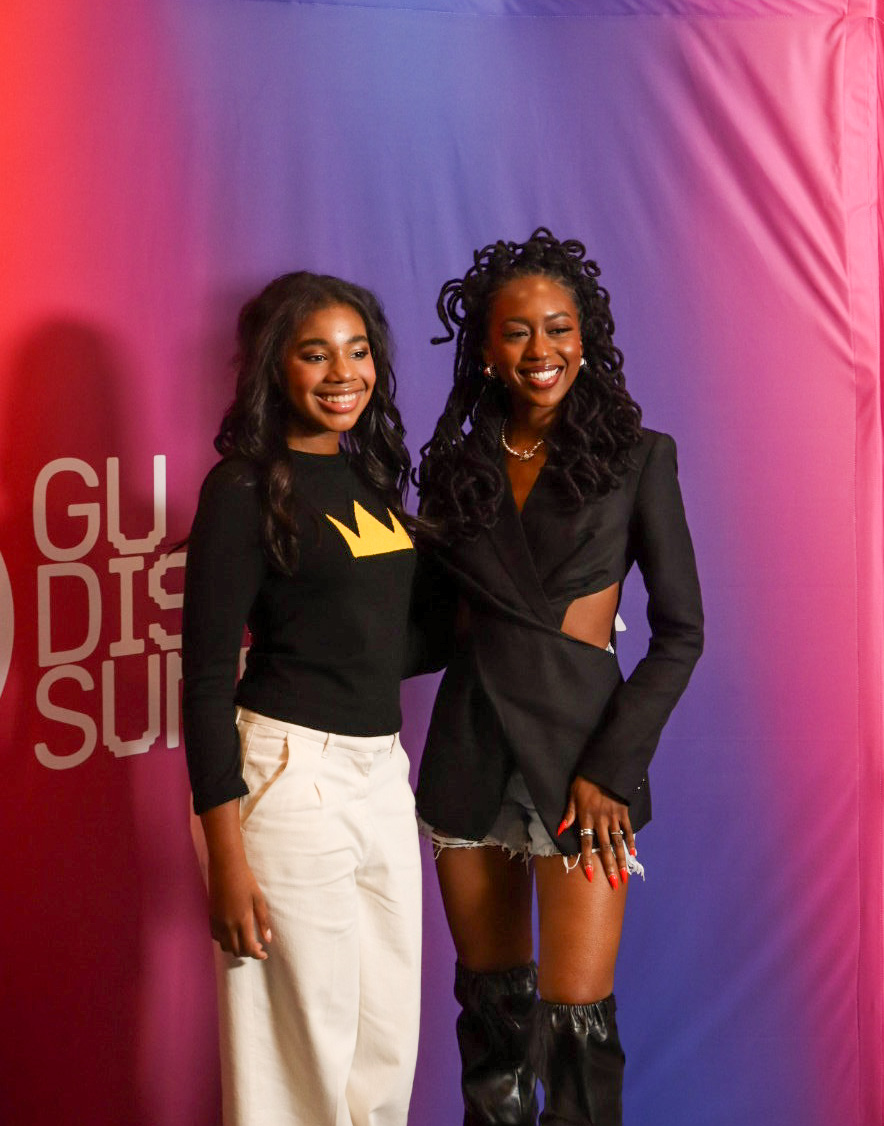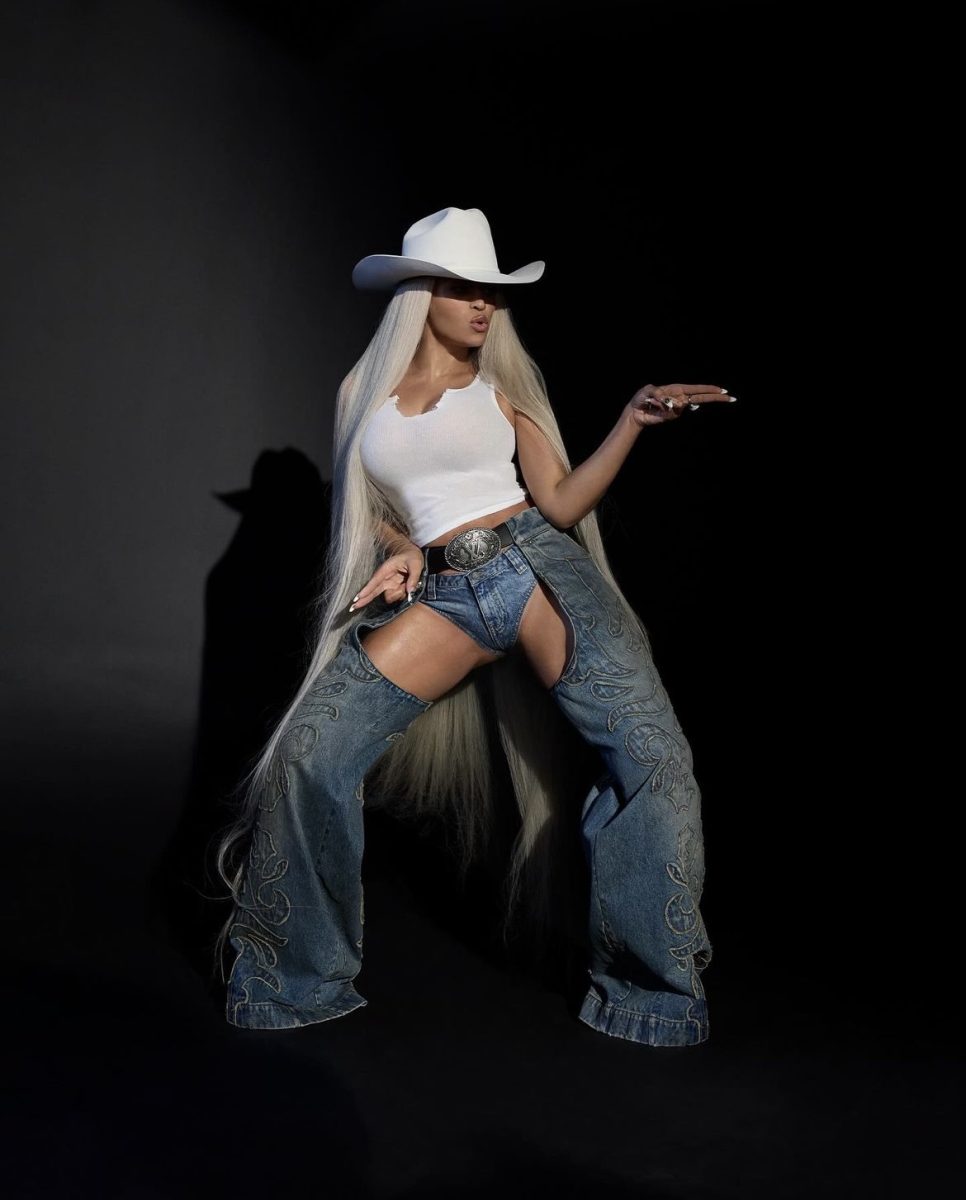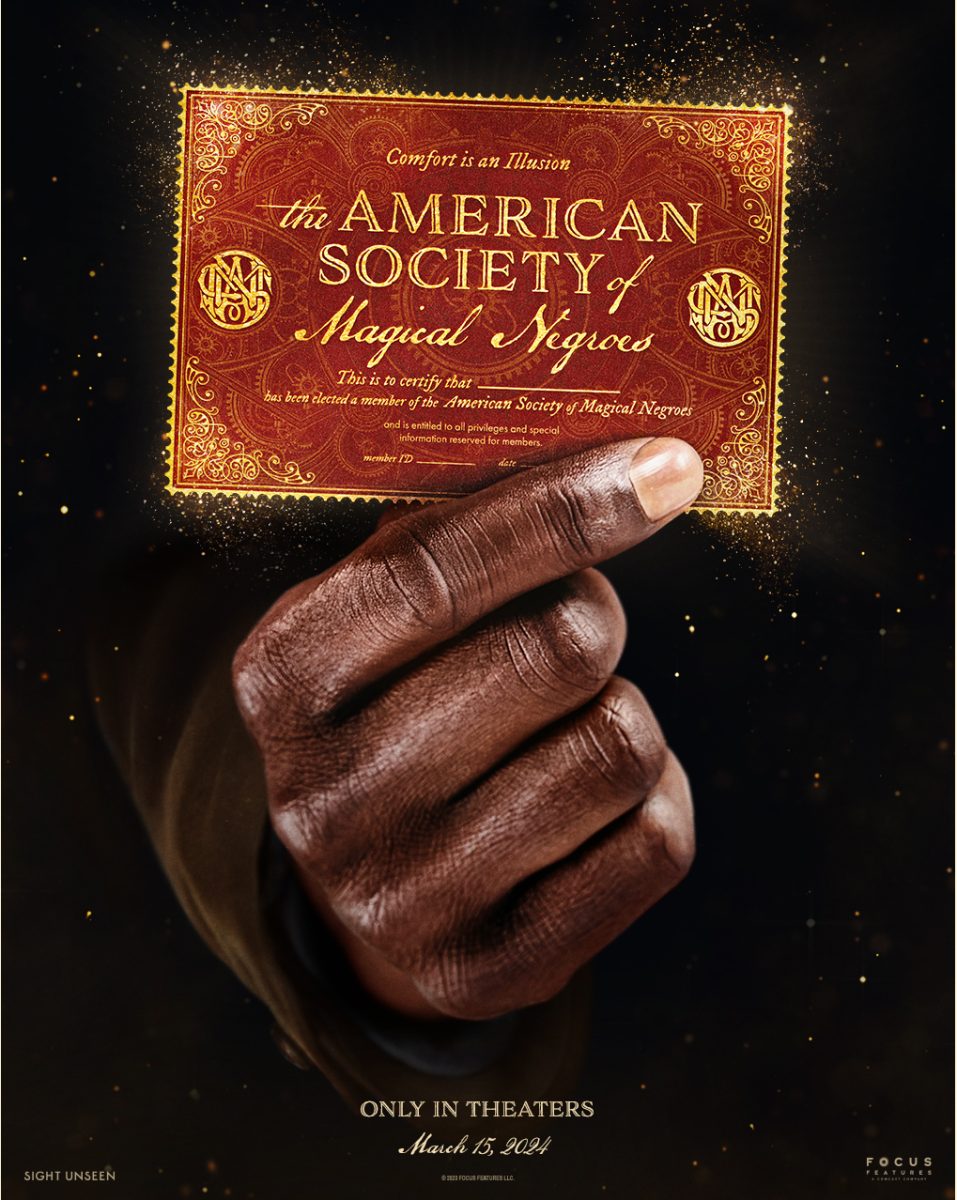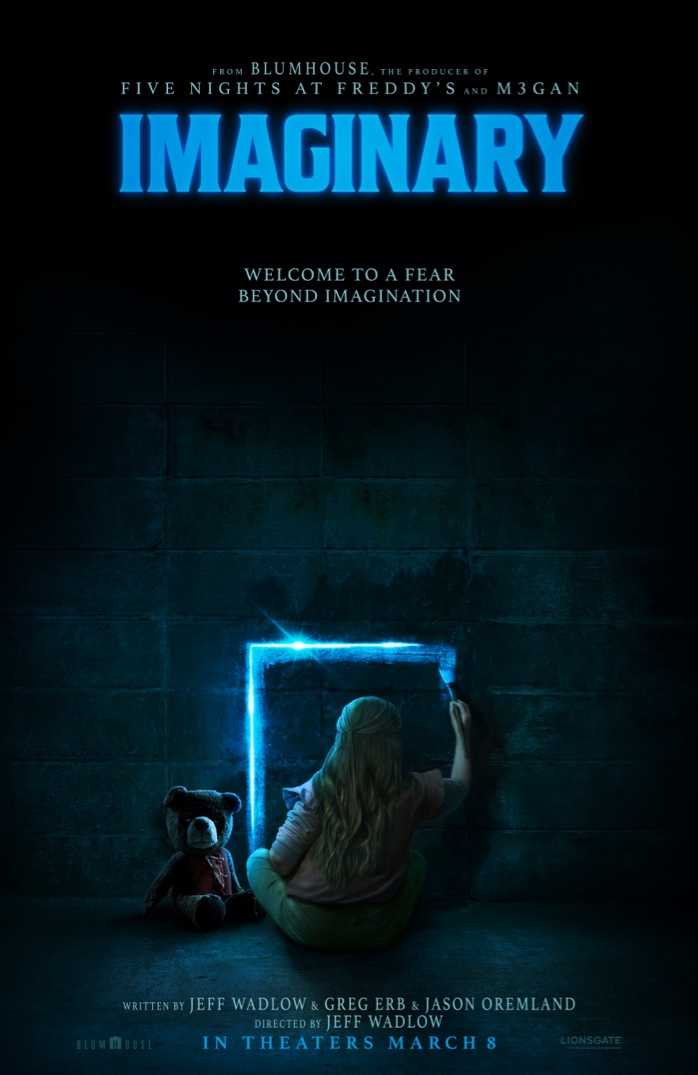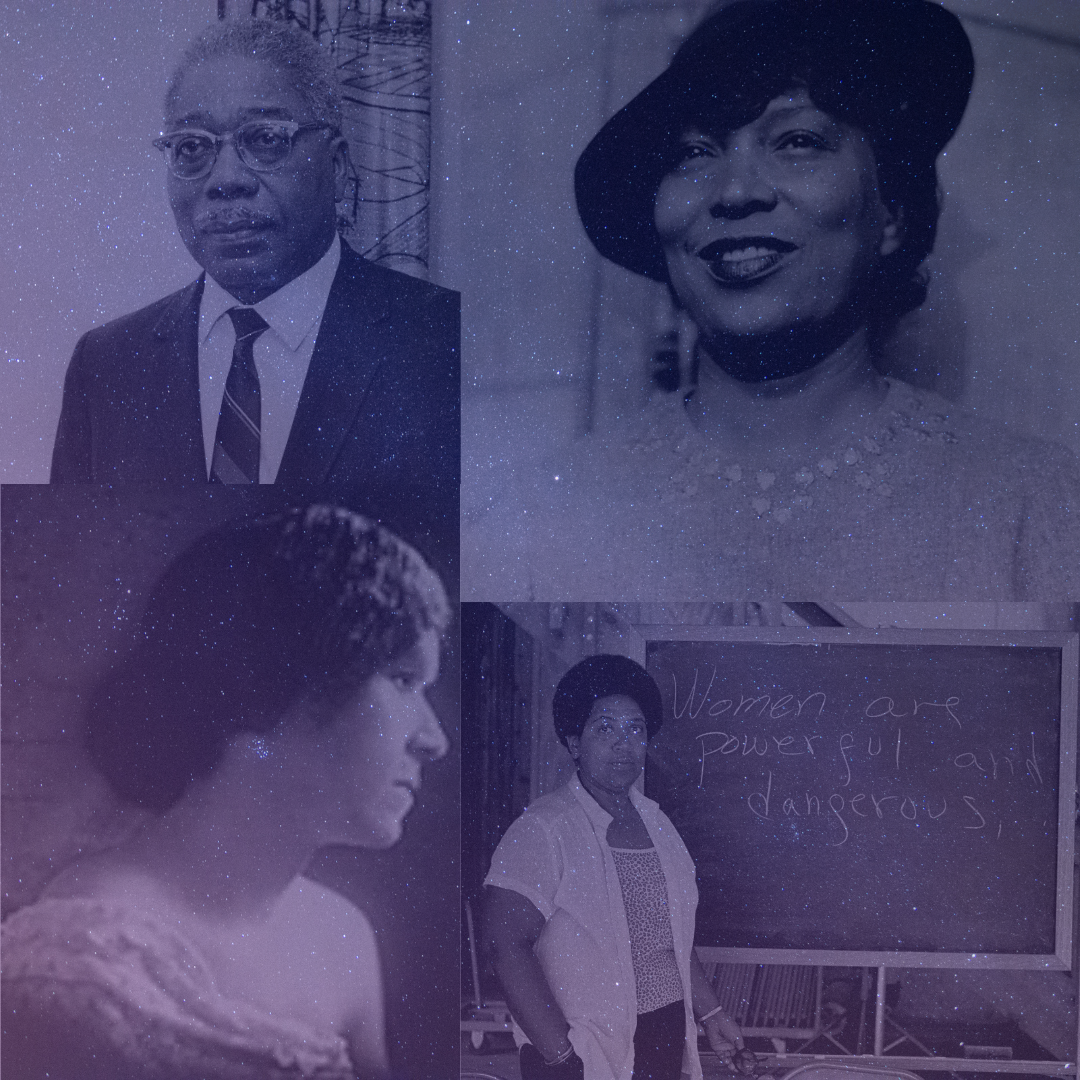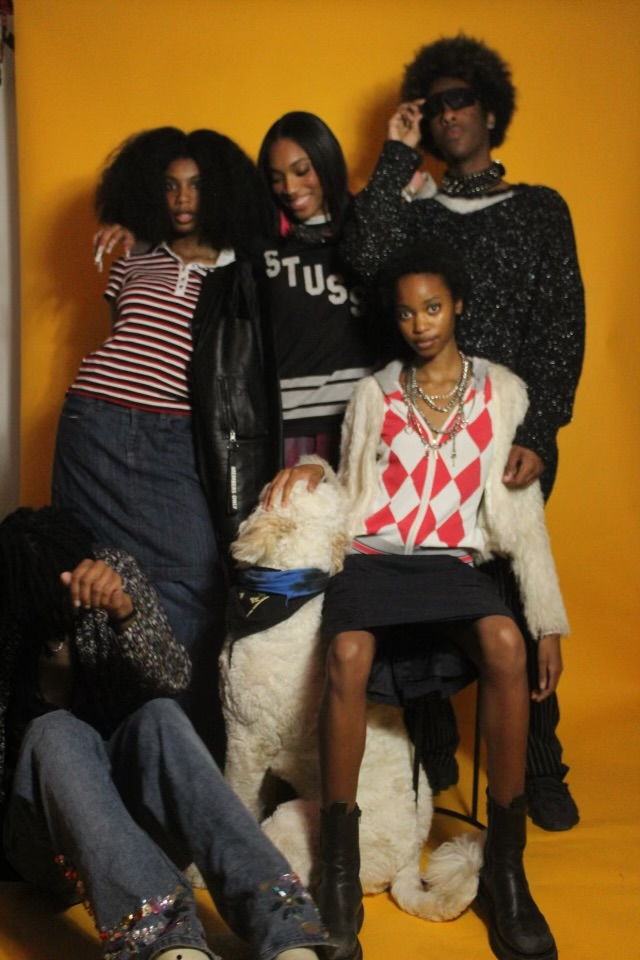It’s the year 1973, and you’re at a packed party in the Bronx. And without even knowing it, you’ve become a witness to the birth of a cultural phenomenon that would forever leave its impact on the world. Over the next 50 years, you would watch an evolution of music, style, dance, and expression unlike any other.
Despite the undeniable attention hip-hop as a genre and movement would consistently gain, the lack of acknowledgment women receive compared to their male counterparts remains apparent. In honor of 50 years of hip-hop, the Spelman Blueprint explores women’s influence, accomplishments, and future in hip-hop.
Often, when the most influential names in the history of hip-hop are being discussed, there are significantly fewer women included on that list. While there has been a collective effort to establish hip-hop as a notable genre in American society, it is important to recognize the unique involvement Black women, in particular, have played in this evolution.
One name that often goes overlooked in the conversation is that of MC Sha-Rock. Sharon Green, known as MC Sha-Rock, was a pivotal member of Funky 4+1 and is widely acknowledged as hip-hop’s first female emcee. Born in Wilmington, North Carolina, but raised in the South Bronx, MC Sha-Rock was an integral part of the first hip-hop group to grace national television screens.
In 1981, the Funky 4+1 achieved a groundbreaking milestone as they became the first rap group to perform on national television when Deborah Harry of Blondie invited them to showcase “That’s the Joint” on Saturday Night Live.
Four decades later, in an interview with The Root, marking the 50th anniversary of Hip Hop, Sha-Rock expressed her pride in contributing to a culture that has endured the test of time. She remarked, “We were teenagers with scant resources. We were thrilled to have people pay $2 to attend our parties and listen to our rhymes. Yet, we played a significant role in shaping a billion-dollar industry. We didn’t have a roadmap or a college course to teach us; we were merely pursuing our passion.”
It is crucial that her name receives more recognition in these discussions, given the indelible mark she left on women in hip-hop. Not only did she help draw attention to a groundbreaking new genre, but she also challenged the everyday barriers and expectations that uniquely affect Black women.
Becoming a notable name in an up-and-coming, male-dominated industry has never been easy. There is the expectation that as a Black woman, you not only have to stand out in comparison to other women but also hold your own in competition with the men in the industry. Thankfully for the women in hip-hop, the skill, confidence, and fearlessness necessary to establish a name for themselves has never been difficult for them.
A number of women made hip-hop what it is today. Who would have known that a teenage girl with the opportunity to make a name for herself as Roxanne Shante would go on to tell the world about themselves in a way unlike any other? Or that Missy Elliot, a young woman who was initially known for participating in the productions of some of her peers’ hit songs, would become a legendary inspiration to future generations through her own tracks?
Being a Black woman in the hip-hop scene, whether as an artist or consumer, involves recognizing the importance of representation. The significance of controlling your own narrative and expressing yourself freely holds great value to Black women. It is more than a source of entertainment for others. it symbolizes a fresh start for Black women’s culture. Over centuries, resilience and resistance have defined Black women’s lives. With every new hip-hop song or dance shaped by a Black woman, an unapologetic message of raw emotions is sent to society, showing our fearlessness in speaking our truths.
